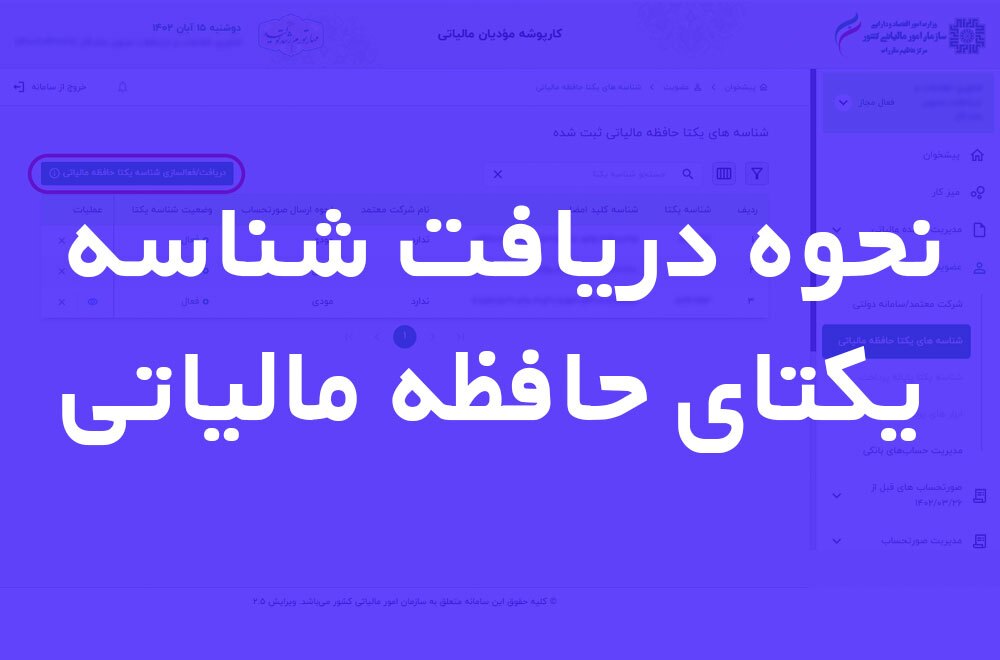
Title: Streamlining Economic Activity: A Guide to Acquiring Your Shema Code in Iran’s Free Trade Zones
In the dynamic landscape of international trade, Iran’s Free and Special Economic Zones offer unique opportunities for business growth and investment. A fundamental requirement for any importer or economic actor in these zones is obtaining a unique identifier known as the “Shema Code.” This code is the gateway to formalizing commercial activities and is mandatory for registering import orders within the national trade system.
The Role and Necessity of the Shema Code
The Shema Code serves as a unique economic identity for individuals and companies authorized to operate within the Free Trade Zones. It is an essential tool used by regulatory bodies and the integrated trade system to verify the identity of applicants. Without this code, it is impossible to register a customs order for goods, creating a significant legal barrier to import activities. Recent efforts by relevant authorities have focused on integrating various electronic platforms, such as the Comprehensive Trade System and the CIFAM system, to streamline the application and use of the Shema Code, aligning with broader national goals of administrative modernization and efficiency.
A Step-by-Step Guide to Registration
The process for obtaining a Shema Code has been largely digitized, reflecting a commitment to facilitating business. The following outlines the key steps based on the most recent procedures:
- Initial Registration: The first step involves registering on the dedicated portal for Free Zone actors, typically accessed through
my.freezones.ir. Applicants must upload required identification documents, company details, and any prior activity permits. Upon submission, a tracking number is provided for follow-up. - Formal Shema Code Request: It is crucial to understand that initial platform registration does not automatically assign a Shema Code. A separate, formal application for the code must be submitted through the same portal. Approval from the specific zone’s administration is required before the code is activated in the user’s account.
- Comprehensive Trade System Integration: After receiving the Shema Code, the applicant must register on the national Comprehensive Trade System (ntsw.ir). This step involves further identity verification, including mobile number registration and setting up two-factor authentication. The applicant must then select their specific role as a merchant within the Free Zone.
- Finalizing the Import Dossier: With the merchant role activated, the option to register a new import order becomes available. The applicant creates a new dossier, checks the specific import regulations for their goods, and applies for any necessary subsidiary permits (e.g., environmental, health, standards). Once all prerequisites are met and the relevant fee is paid, the final customs order code is issued.
Key Considerations for a Smooth Process
To ensure a seamless application, economic actors should be aware of common points of attention. Distinctions exist between an “economic” Shema Code and other types, such as those for vehicles, and applicants must ensure they are applying for the correct one. Meticulous review of all uploaded documents is essential, as any discrepancy can lead to delays or rejection. While the process is designed to be fully electronic, some zones may, in specific cases, require the physical submission of documents for final verification.
Strategic Benefits and Future Outlook
Acquiring the Shema Code unlocks significant advantages for businesses, including reduced customs duties, access to local banking facilities and tax exemptions, and the ability to conduct official import operations. This streamlined identity verification also aids in the monitoring and alignment of economic activities with zone regulations.
Looking ahead, the ongoing integration of national and regional platforms promises even greater efficiency. Economic actors are advised to stay informed by regularly consulting the official announcements and guidelines specific to their chosen Free Zone, ensuring they operate in full compliance with the latest regulatory frameworks.